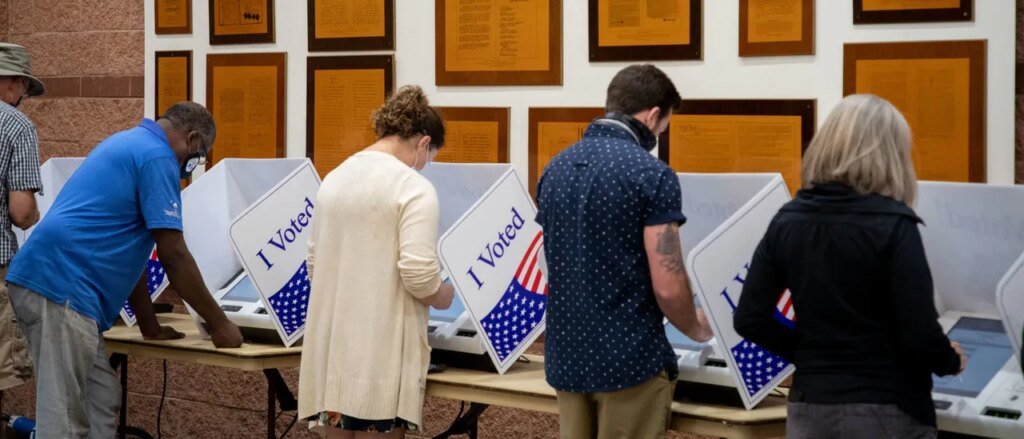What truly shakes your trust in elections isn’t just the potential for foreign billionaires to interfere or the complications brought on by methods like ranked-choice voting.
This year, legislative bodies across various states focused on these critical threats to election integrity. A recent report from an honest election project indicates that eight states have successfully closed major legal loopholes that previously allowed foreign billionaires to influence campaigns with foreign dark money. Additionally, six more states have chosen to ban ranked-choice voting, marking a significant legislative achievement for this year. In simple terms, conservative states have made considerable strides in election reform.
Many Americans might be surprised to learn just how vulnerable our elections are to foreign interference. Currently, federal law prohibits foreigners from donating to candidates or political parties, but it doesn’t stop them from influencing local ballot measures. This means that while foreign billionaires can’t directly sway a specific election, they can invest millions in passing amendments that change the rules governing the electoral system.
A loophole that’s troubling has been exploited by a Swiss billionaire named Hanjorg Wyss, who, according to watchdog group Americans for Public Trust, funneled about $280 million through the 16 30 fund into various ballot campaigns across 26 states. These figures are alarming and really only scratch the surface, as this same loophole could be misused by foreign players from countries like China and Russia.
Fortunately, conservative states are stepping up to prevent voting measures from serving as gateways for foreign interference. This year, eight states, following Ohio’s lead in 2024—Arkansas, Indiana, Kansas, Kentucky, Louisiana, Missouri, Tennessee, and Wyoming—have enacted new laws banning foreign sources from funding campaign measures. Even Kentucky’s Democratic governor signed such a bill.
However, some left-leaning individuals continue to advocate for keeping these loopholes open for partisan gain. Mark Elias, a prominent Democratic election lawyer, has made attempts to block these bans in both Ohio and Kansas this year, but he has faced defeat in both cases. The fact is, states do have the authority to ban foreign funding, and it would be wise for all to do so.
The same principle applies to ranked-choice voting, which encountered significant pushback this year as debates around its adoption intensified.
Ranked-choice voting requires individuals to rank multiple candidates, with votes being counted in rounds as candidates are eliminated and votes redistributed. If voters fail to rank enough candidates, their votes are discarded. This means candidates who receive the most number-one votes could still end up losing the election. The process can lead to delays—take Alaska, where the ballot counting doesn’t even commence until 15 days after Election Day. In California, there have been tally errors, resulting in the wrong candidates being certified. Such a complex system turns what should be a straightforward process into something much more convoluted.
Fortunately, the public has been keenly aware of the pitfalls associated with this voting method from the start. Supporters of ranked-choice voting invested nearly $100 million in various ballot measures during six states in 2024, yet it ultimately failed everywhere except for Washington, D.C., which hardly signals widespread backing.
From 2022 to 2024, eleven states imposed bans on ranked-choice voting. In 2025, six more—Arkansas, Iowa, Kansas, North Dakota, West Virginia, and Wyoming—have taken steps to outlaw it, while Utah’s lawmakers have let a pilot program expire.
Such significant progress is encouraging, but conservatives shouldn’t feel complacent. States like Michigan, Florida, Nebraska, North Carolina, and Arizona have experienced substantial foreign interference in voting campaigns, yet no action has been taken. Meanwhile, there’s still a push from progressives to implement ranked-choice voting, particularly as it seemingly benefits Democratic socialists in places like New York. Lobbyists are already gathering signatures for another voting measure in the Michigan presidential battleground.
This should serve as a reminder that the work of securing elections is ongoing. 2025 has been a landmark year for election integrity, but conservative leaders need to keep the momentum going into 2026 and beyond.







